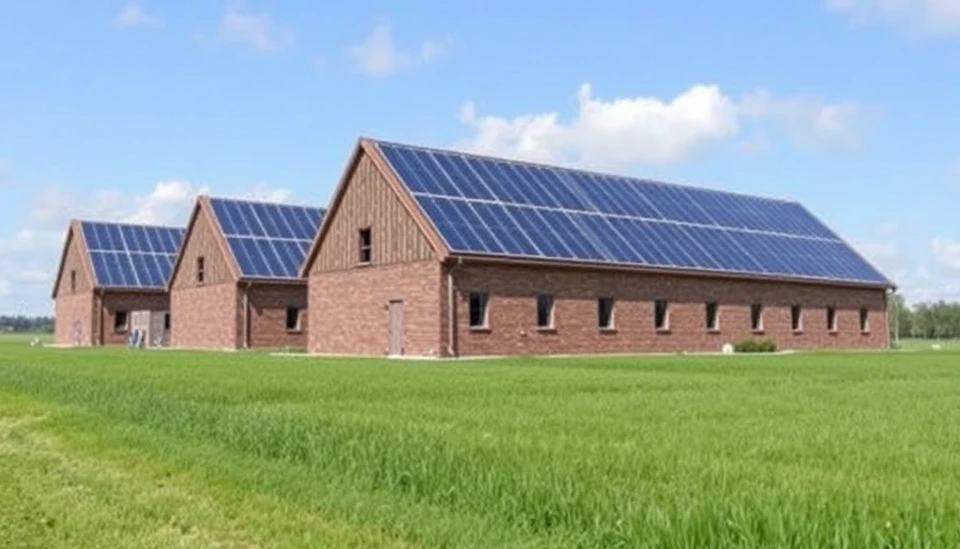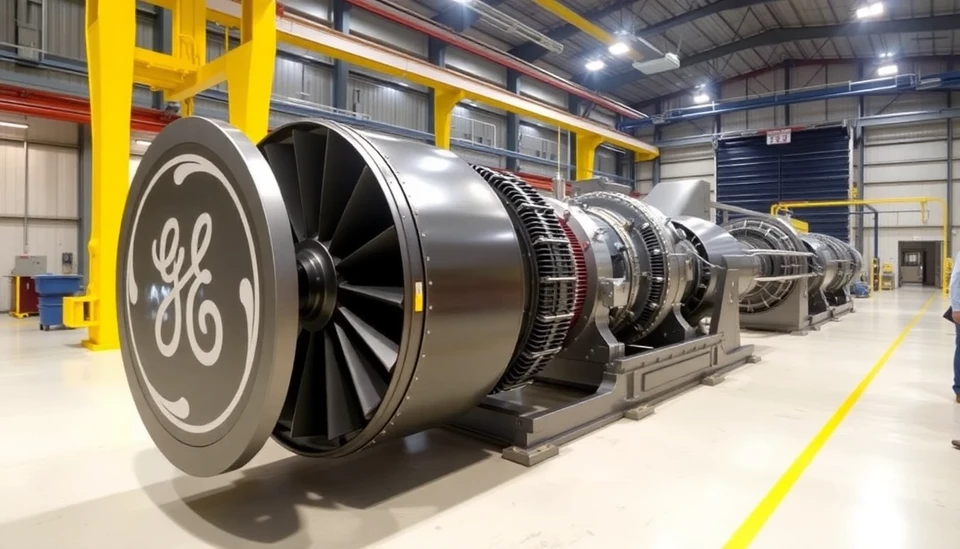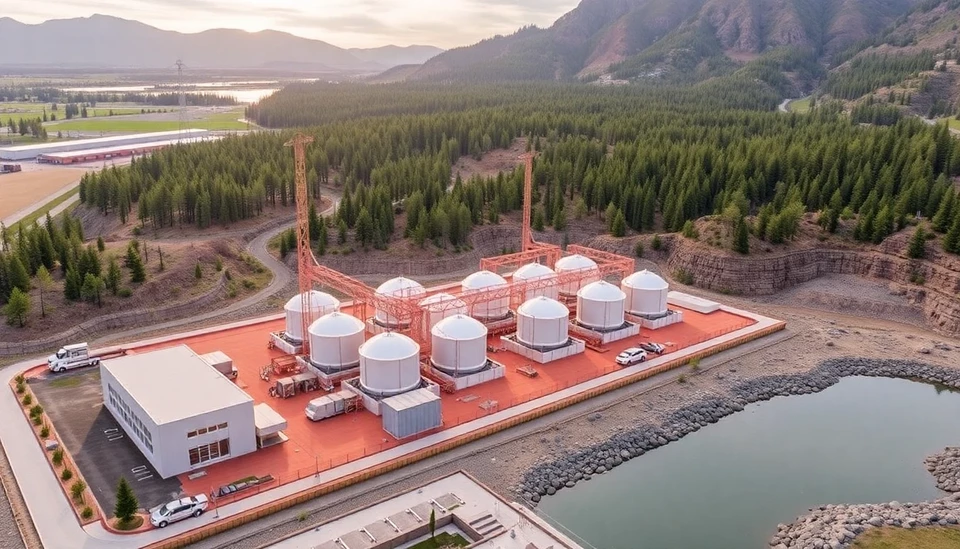
As trade tariffs loom over the clean energy sector, a significant shift is observable as many companies look towards going private in a bid to survive and thrive in an increasingly challenging market. The recent surge in tariffs on solar panels, essential batteries, and wind turbines presents an existential threat that is forcing clean energy firms to reevaluate their business strategies and explore alternative avenues for funding and growth.
In an environment where government incentives are barely enough to offset the impact of tariffs, industry leaders are facing the grim reality of constrained profitability. With rising material costs and supply chain disruptions complicating operations, some companies in the clean energy sector are now seriously considering privatization as a way to secure much-needed capital and protect themselves from the volatility of the public markets.
As companies reassess their financial models and strategic goals, the urgency to adapt has never been greater. The clean energy industry is at a pivotal moment; with private equity firms eyeing underperforming public companies, there is a potential for consolidation that could reshape the landscape significantly. This trend is portrayed as a critical lifeline for companies that have been battered by the adverse effects of tariffs and escalating competition.
Many firms are putting together substantial deals aimed at gaining control over their operations and restructuring their finances to improve resilience against external shocks. By going private, these companies hope to minimize scrutiny from shareholders and create more flexibility in making long-term investments necessary for scaling clean energy technologies effectively.
The ongoing tariffs pose a particularly severe challenge for firms engaged in solar energy, where reliance on imported materials is high. The recent hikes in tariffs could potentially slow down expansion efforts, limit project financing options, and ultimately reduce the scale of clean energy deployment essential to meeting climate goals.
Sources within the industry indicate that potential mergers and acquisitions could be on the horizon as companies team up or get absorbed into larger entities looking to stabilize operations and share resources. This could lead to a new wave of innovation as combined resources create powerful entities capable of pushing forward in research and development.
In conclusion, while the clean energy sector faces a daunting array of challenges, the movement towards privatization presents an intriguing alternative strategy for players within the industry. It highlights a crucial moment where firms must weigh the benefits of private ownership against the backdrop of continuing tariff pressures, ensuring they can remain competitive in a market that is as unpredictable as it is essential for our future.
#CleanEnergy #Tariffs #Privatization #SustainableBusiness #RenewableEnergy #Investment #SolarPower #WindEnergy #PrivateEquity
Author: Megan Clarke




